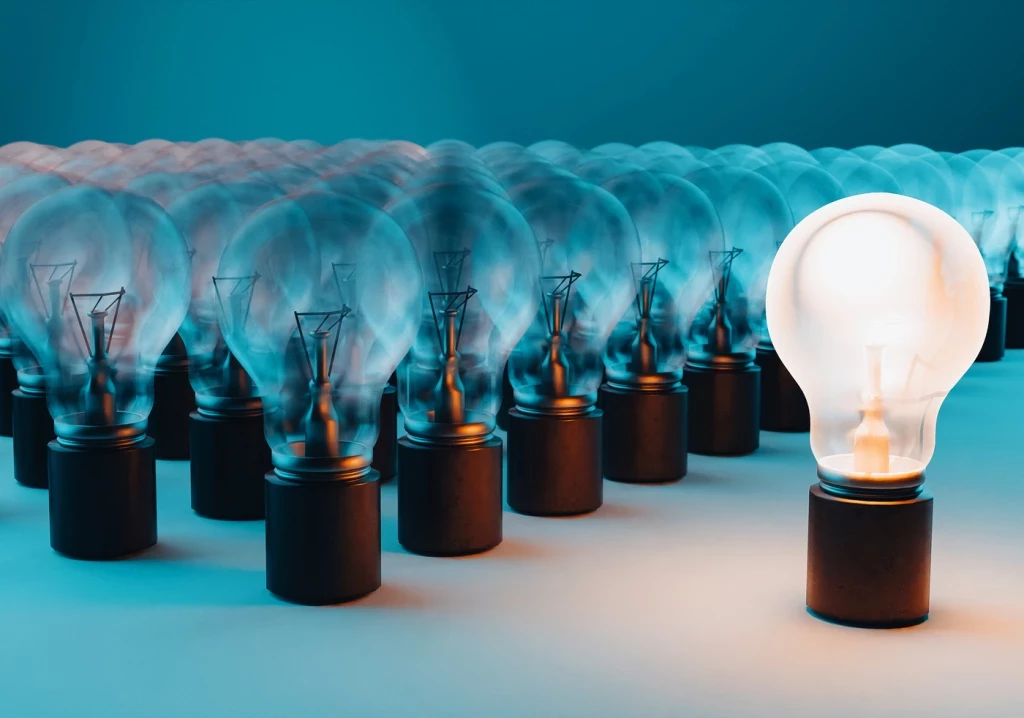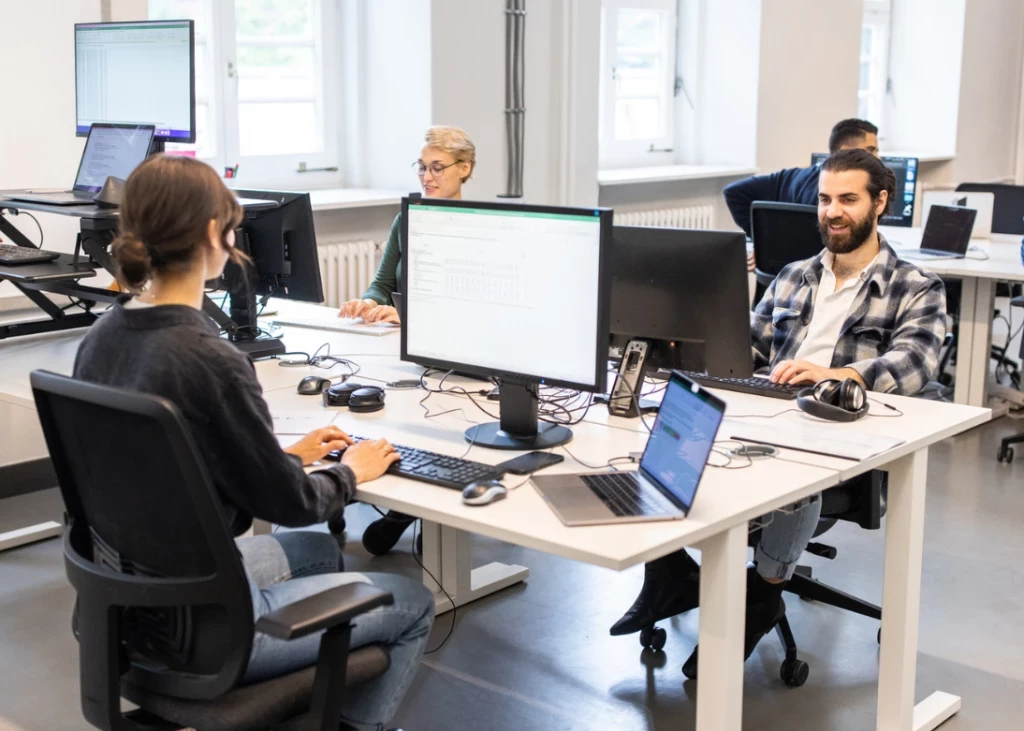
When I go into organizations to work with people on mindfulness and resilience work, I very often meet lots of resistance in the first session. People assume that mindfulness means meditating while sitting on a cushion and breathing. And yes, for some people, that's exactly what it means and it works great for them. However, that type of mindfulness practice is not for everyone. The good news is mindfulness is so much more than that.
Defining Mindfulness
What does it really mean?
Mindfulness is simply the art of paying attention. Right now. To this moment. And we can do that through our senses and consciousness in multiple ways. Most mindfulness teachers will also add that the art of developing present-moment awareness includes being aware of yourself and the world around you without judgement.
The ability to observe yourself and the world around you is a foundational resilience skill. It can help you increase your self-awareness so you can prevent burnout and dramatically boost your energy and vitality.
When people discover they don't necessarily have to sit and breathe on a cushion for an hour a day, things get really interesting. While working with a room full of executives in a recent training, one of them spoke up right away. "I hope this isn't a waste of my time! I have never been able to meditate."
I explained we would be trying all sorts of different techniques. "I'd like to ask you to become a curious explorer," I said. "I'm betting we'll find something that will work for you."
She was a good sport and played along. The first exercise we did was a traditional breathing practice that helps calm the vagus nerve, which can turn off or reduce the chronic stress response so many of us live with each day. After we finished, she raised her hand to share. "Nope! That didn't work for me."
The next mindfulness exercise I asked them to try is one that comes out of art school. Deep, artistic observation is another entry point to the art of paying close attention to the present moment. In this exercise I asked them to peel and eat an orange for 10 minutes, closely observing all the details they noticed using all their senses. Then the participants wrote about what they observed about the orange and what they noticed within themselves for another 10 minutes.
At the end of this experiment, the executive who struggled with meditation was the first to have her hand in the air. "That worked for me! I'm a visual person!" She decided on the spot to use mealtimes to help her practice mindfulness techniques to help calm her active brain.
Let’s Play!
Game #1
Now, I invite you to play a little game. We’re going to start with the breath, this wave of oxygen that bathes the inner workings of your body with life-giving air. You carry this beautiful consciousness-building tool around with you all the time.
As you breathe, notice the breath. Use your senses to listen, to feel what happens in your body. I invite you to put your hands on your lower ribs or stomach as they move in and out. Try breathing in through your nose and out through your nose. Ready?
One.
Two.
Three.
Four.
Five.
Now, let’s be curious explorers. Do you notice any sensations as you breathe? Do you get light-headed? Energized? Are your thoughts getting in the way? What else are you aware of? You might write these observations down.
Game #2
Now, let’s try a visual exercise. You can do the orange peeling exercise I describe above, or you can simply spend the day following the light. Observe how the natural light comes into your space or notice how the lamplight falls on nearby objects. Pretend you are an artist. How would you describe the light as it moves throughout the day or sparkles on a body of water? What do you notice?
After playing the games, what observations can you make about yourself? What do you love to do? What makes you feel peaceful or relaxed? If you come upon a practice that feels good, I invite you to do more of that this week.
Have fun!
Want more ideas?
Get in touch at Heartwood Healing or connect with Jacquelyn Fletcher Johnson here.





















